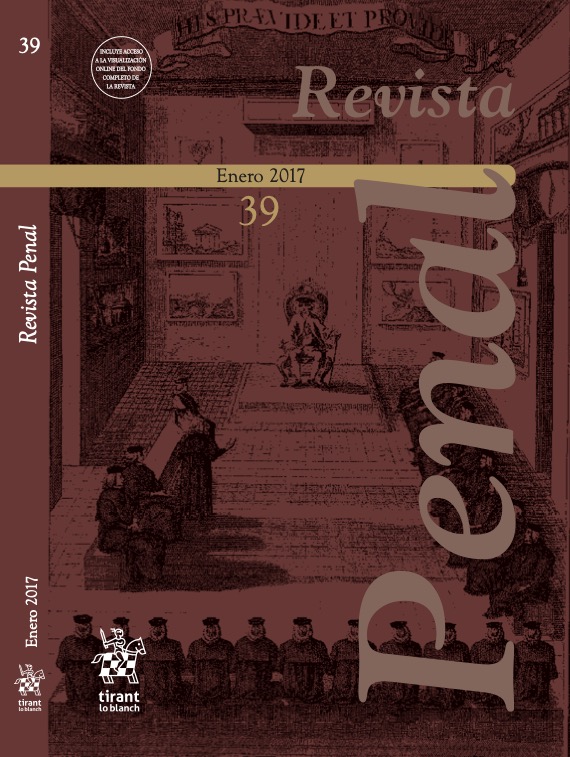Rwabukombe Case: Interpretation of the German Federal Court on the Form of Participation and the Genocidal Intent to Destroy
DOI:
https://doi.org/10.36151/Keywords:
genocide, Rwanda, Rwabukombe, intent to destroy, criminal participationAbstract
Within the context of the Rwandan genocide, at least 400 people were brutally murdered on 11 April 1994 during the church massacre in Kiziguro, around 100 km north-east of Rwanda’s capital Kigali. On 18 February 2014, after a three-year trial, the Higher Regional Court (Oberlandesgericht - OLG) Frankfurt am Main, found, as the competent trial court in this case, Onesphore Rwabukombe, the former mayor of the northern Rwandan municipality of Muvumba on the Ugandan border, guilty of aiding the genocide on the basis of his participation in this massacre. Rwabukombe was sentenced to 14 years in prison. In the appeal proceedings (Revision), the third Strafsenat (criminal division) of the German Federal Court (Bundesgerichtshof - BGH) criticized the lower court’s legal analysis and annulled the OLG’s decision with its Judgment of 21 May 2015. After a retrial, on 29 December 2015 the OLG Frankfurt am Main gave Rwabukombe a life sentence for his participation in the genocide, noting his particularly serious guilt. This paper provides a brief account of the factual circumstances of the case and the course of the procedure (1. - 3.) and engages critically with the legal analysis of the BGH’s decision, especially focusing on the form of participation and the genocidal intent to destroy, based upon the OLG’s factual findings (4.). In conclusion, the BGH provided convincing justification for its annulment in regard to the form of participation; however, the case shows once again that both the differentiated concept of participation and an overly voluntative understanding of the genocidal intent to destroy are stretched to their limits in international criminal cases of macro criminality.



